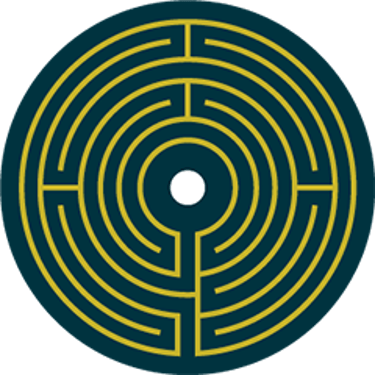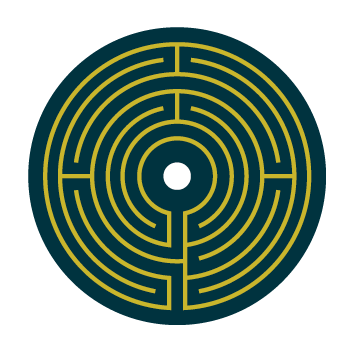
Things outside you are projections of what’s inside you, and what’s inside you is a projection of what’s outside.
So when you step into the Labyrinth outside you, at the same time you’re stepping into the Labyrinth inside.
~ Haruki Murakami, Kafka on the Shore
We can understand mental health challenges in terms of neurochemistry and electrical activity in the brain, genetics and epigenetics, societal, economic, and historical factors, our lifestyles and the effectiveness of our coping mechanisms, the quality of our relationships, and the general meaningfulness of our lives—with all of these considerations relevant and helpful.
But there are deeper levels to our being, ones that have no less bearing on our lived experience than our concrete and external realities. A psychodynamic approach recognises that unconscious processes are at play in conscious experience. Internal conflicts and held content that we may be unaware of drive symptoms such as anxiety, depression, insomnia, and somatic complaints. Our internal worlds are as vast and complex as the cosmos, and voyaging here requires navigation skills and the good space suit that the therapeutic alliance provides.
Jung's work centres in this place, a guide to the unconscious realm. Its language is that of mythology and the archetypal world. A Jungian approach draws on the wisdoms of fables and the teaching stories of our cultures. In recognising ourselves in their characters and narrative timelines, we develop insight into the meaning of our experiences, and what is needed for resolution.






